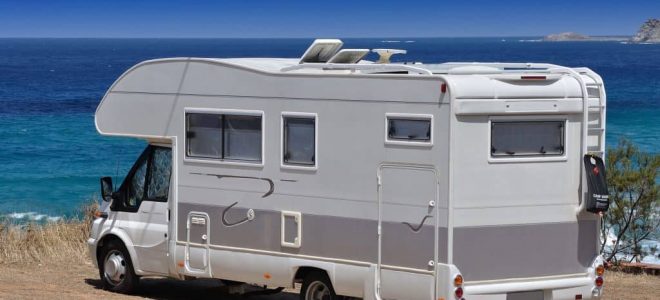If you’re reading these lines, it’s because you’re looking for advice to buy a used RV. And whether you buy from a private individual or from the hand of a professional, the important thing is to know what you should keep in mind when deciding and making your purchase. Buying a second-hand recreational vehicle has become an increasingly popular option among camper world fans. In fact, in the last year sales of second-hand vans and campers have increased significantly.
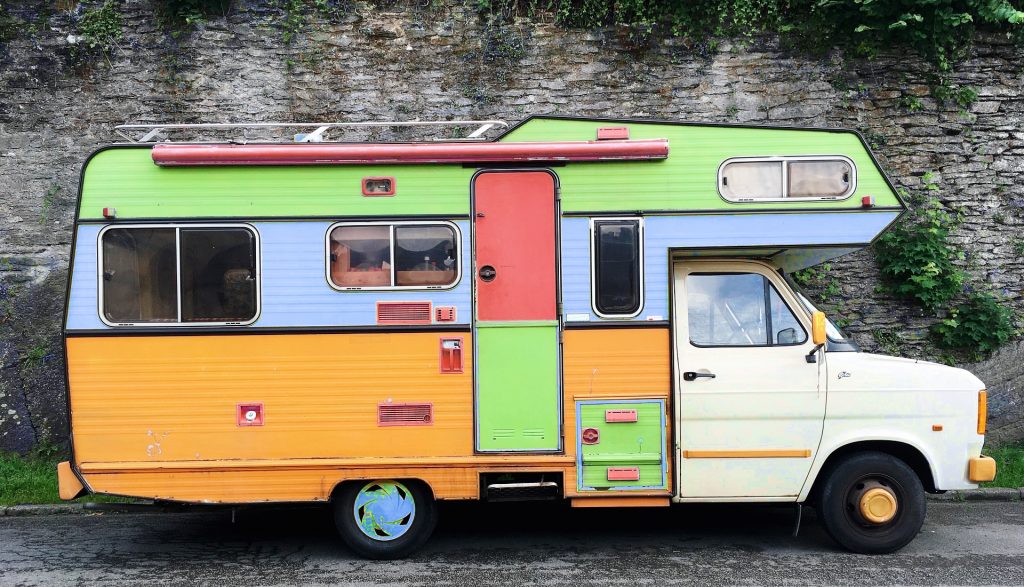
Source: thrivingintiedye.com
There are buyers who are clear that a good saving goes through getting a second-hand RV, and they’re surely right, since real bargains can be found in this parallel market. But you also have to be cautious: we can find used ones for inflated prices, which are not much different from the original, but offering us less than promised.
However, this process might be something that raises many questions – so many cool and great-looking ones, but are they all worth the money the owner demands? Let’s just start from the beginning by reviewing the main aspects to keep in mind so that the van of our dreams reaches our hands and stays there without any hassle.
Preparation
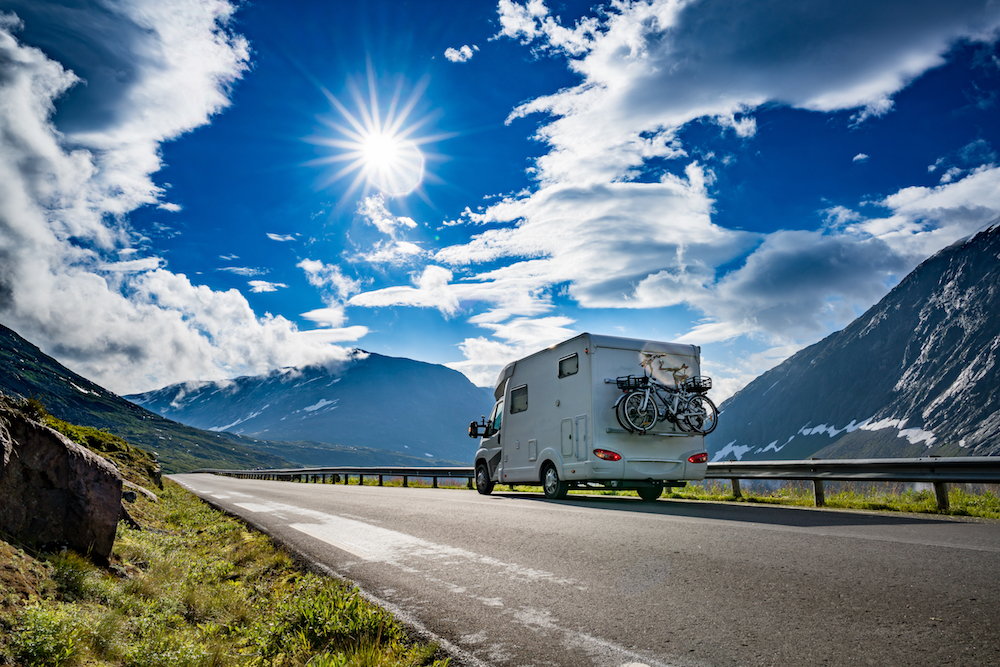
Source: smartplug.com
At this point and as a tip, you can find motorhomes between 25,000 and 35,000 euros that are well preserved and usually have between 50,000 and 120,000 kilometers. RVs that were part of a renting company… it’s not that this point is negative, but it’s not the perfect one either. You probably already know that if it has passed through many hands, there’s a chance that it hasn’t been that well cared for as a private individual’s one.
Another advice: there’s a whole bunch of forums on the internet with the users who, for various reasons, sell their motorhomes, as a change for another or for their own personal reasons. Take a look at these and check out the possible options.
Online sales on second-hand websites don’t have to be a scam, however distrust a lot – just in case – and NEVER give money in advance. Always make the payment when the change of ownership has been made. Normally, the payment of taxes and change of name is the responsibility of the buyer, but everything is negotiable.
Space and features
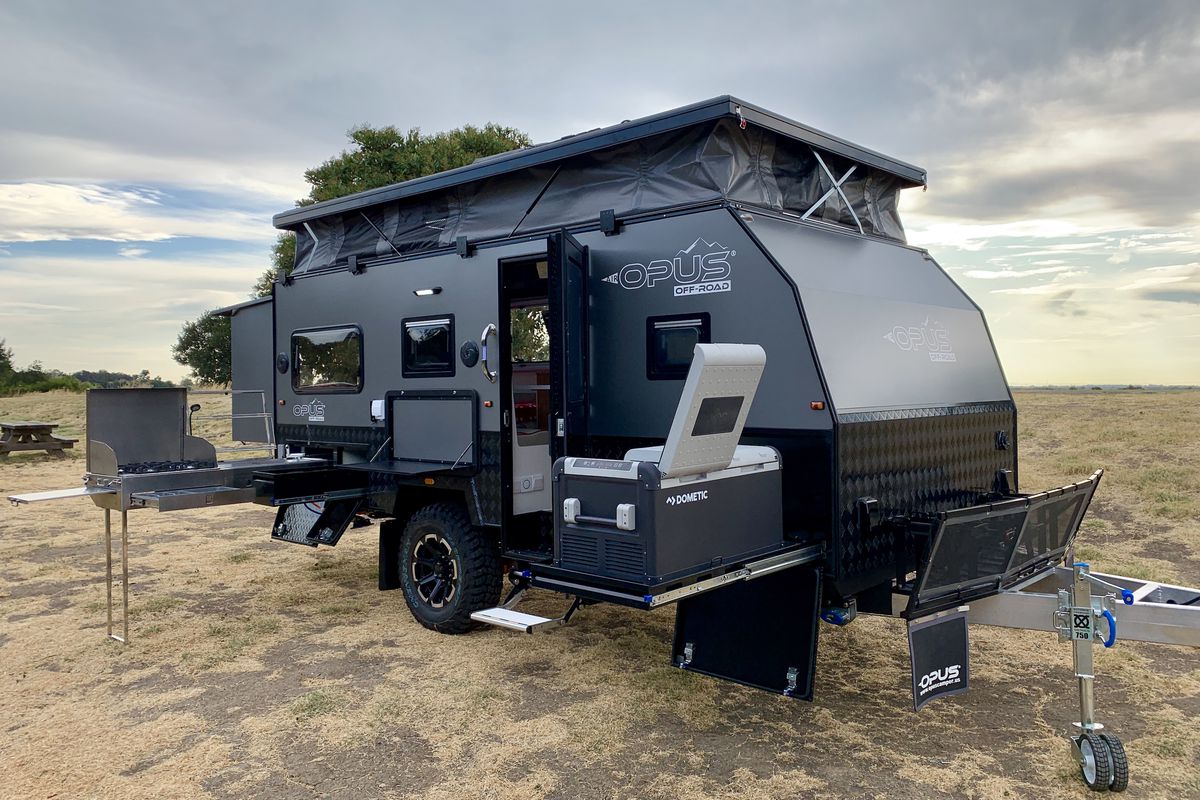
Source: curbed.com
It seems very obvious, but when you start looking at many vehicles and options, you end up shuffling a thousand things. First focus on what type of vehicle you want. A large one or a small one? And how will you use it? Do you need it for shorter trips, or you intend to use it for long adventures all the time? Your answers can help you determine the amount of space and features that you definitely want along the way, and what you can compromise for quick trips.
Before choosing, compare and select the exterior design that you like the most. This includes the interior layout, the furniture, the storage capacity, elements and capacity of the kitchen area, the appliances, the toilet, the terminations, the overnight capacity. You can get all this information from the owner and don’t be embarrassed to ask – that RV is going to be yours and you want to make sure it has everything you need. And, in the end, even if not everything is like you imagined, you can reorganize some of the things by yourself. You can find some useful advice on this kind of vehicle on Skoolie Livin – and also a bit of inspiration to like RVs even more!
Previous “life”

Source: heathandalyssa.com
Take into account the accidents that the vehicle might have suffered. Pay attention to the scratches, possible damages and rust and make sure that the chassis is not touched. The more information you have from the previous “life” of the RV, the better. You should be informed about the kilometers and the state of the engine, but more on that later. Testing the van before buying it is always a good idea. Pay attention to the date of the last change of timing belt and make sure that same date appears on the papers.
The state of the engine
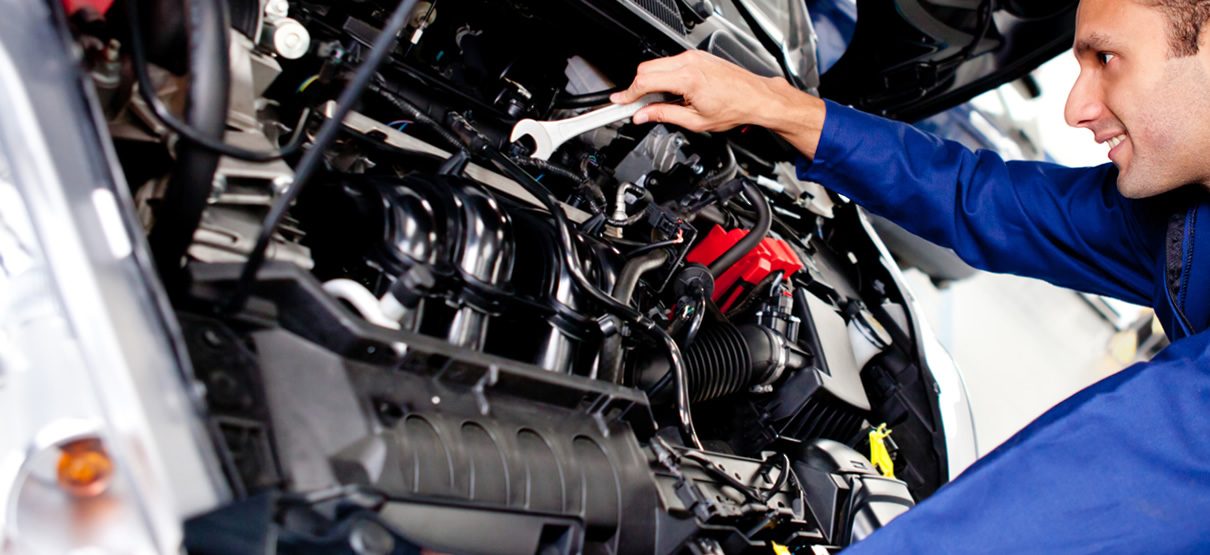
Source: grimmermotors.co.nz
When buying a car or any second-hand vehicle, we always panic that we can realize the engine is damaged or faulty within two days of buying it. It’s logical and it happens a lot, so it’s recommendable to take the vehicle to a mechanic or a professional. Don’t worry much about the kilometers unless it’s a Chinese engine, which holds very little. If the engine has been well maintained, nothing happens even if it has 200,000km. Obviously, the less, the better. Listen if it makes any strange noise when turning it on. If it does… It’s not encouraging. Ensure that you’re aware of all the things you need to know about this part of the camper in order to be able to decide if it’s good enough to buy it.
Ventilation and humidity
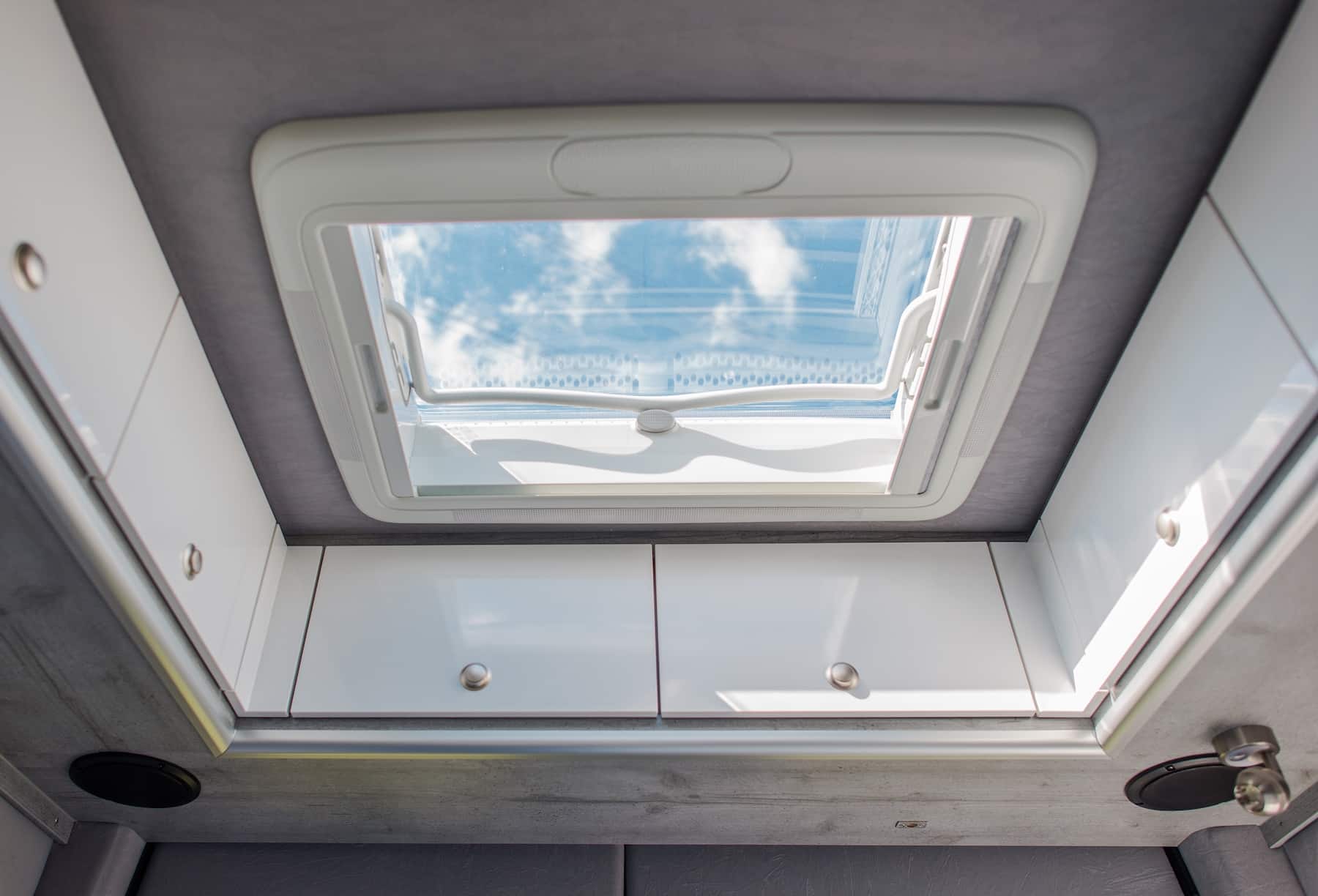
Source: campingworld.com
Very important point if you have a kitchen or bathroom inside the van. If the RV is well ventilated it’ll help you with the heat inside in summer. In addition, it will also prevent odors and dampness from the kitchen or bathroom.
One more thing to check – the internal humidity that the van may have. If there’s moisture it’s probably because there’s water infiltration – and that’s dangerous. If the cabin is very humid, it’s maybe corroded inside and the insulators may even be rotten. Not to even mention that the electrical installation can stop working for this reason. Any small symptoms you see, ask the seller.
Kitchen and bathroom

Source: pinterest.com
Having a kitchen inside the camper isn’t something that should be decisive. Now, there are many outdoor kitchens that take up very little space and are very easy to carry. You’ll have to pay attention to the installation – be it gas or electric – the smoke outlet, how dirty the walls are, etc.
And about the bathroom. A priori it seems an indispensable aspect of any van, but it doesn’t need to be. In fact, it’s rather a nuisance many times, because emptying the sewage tanks can be complicated. So, even if the RV you’re interested in doesn’t have this feature, nowadays there are some quite cheap and practical portable toilets which can serve well.
Registration

Source; tripsavvy.com
Now it’s fundamental to consider the year of registration of the vehicle. You must take into account the year of registration of the vehicle if you want to travel through large cities and some countries in Europe for the issue of pollution and fumes. Keep this in mind if you need to go through cities, because you may encounter a problem and not be allowed to circulate.
These are just some of the tips to keep in mind when buying a second-hand recreational vehicle. This possibility puts at your fingertips some models that you couldn’t afford otherwise. Many of those offered are only a few years and a few kilometers away, but you can buy them for prices much lower than the market and with all the guarantees. If you spend time researching and looking for your perfect RV, you might save a lot of money. That is why it’s not surprising that the trend of buying used vehicles is on the rise lately. Good luck!

